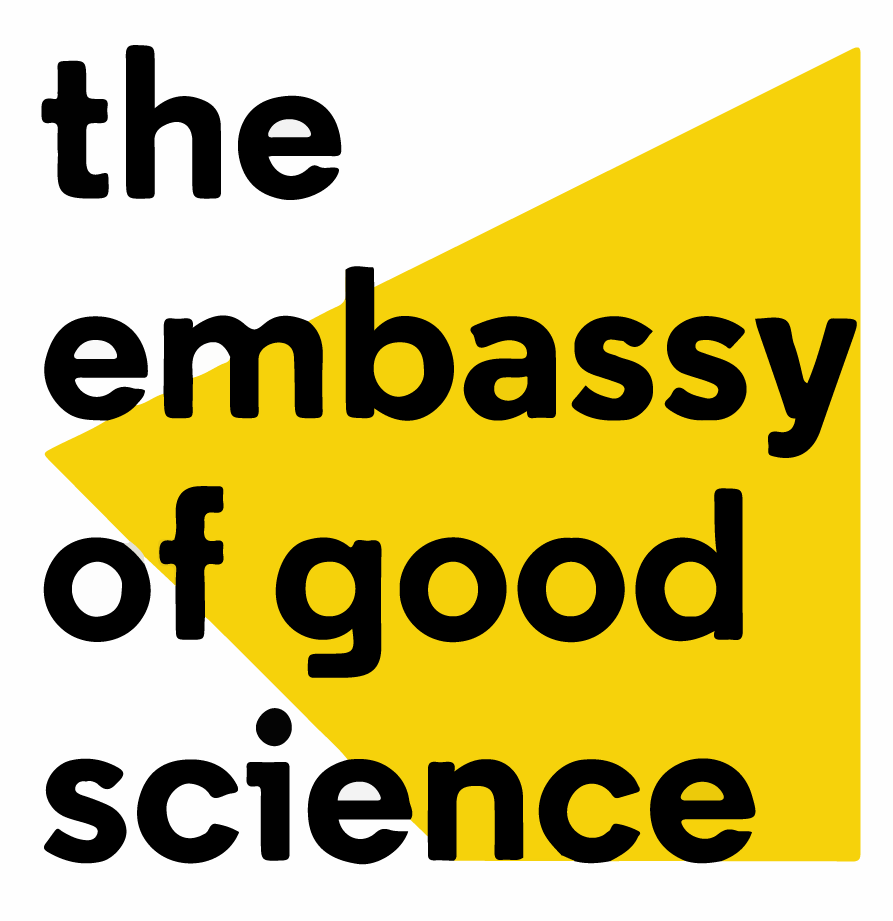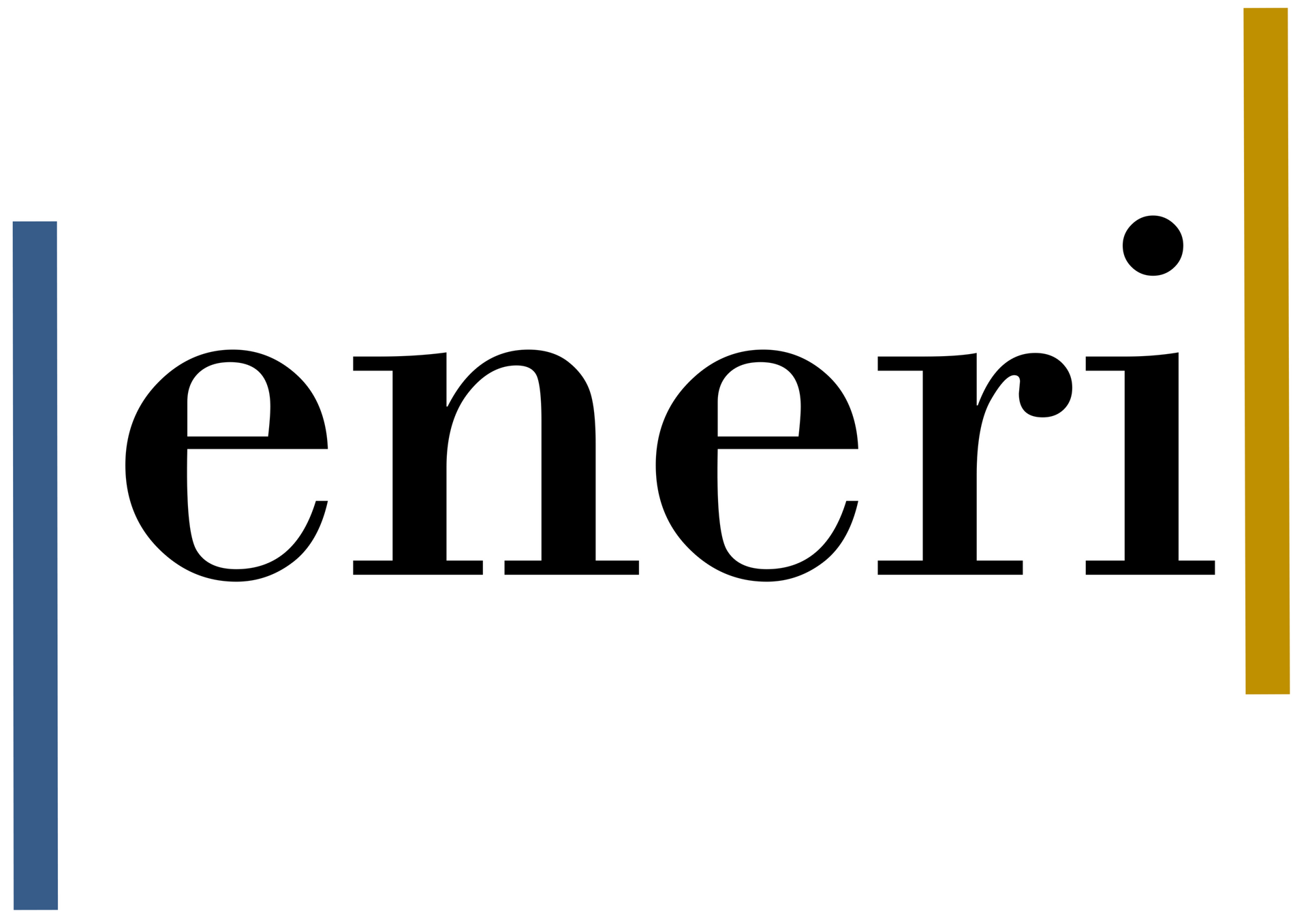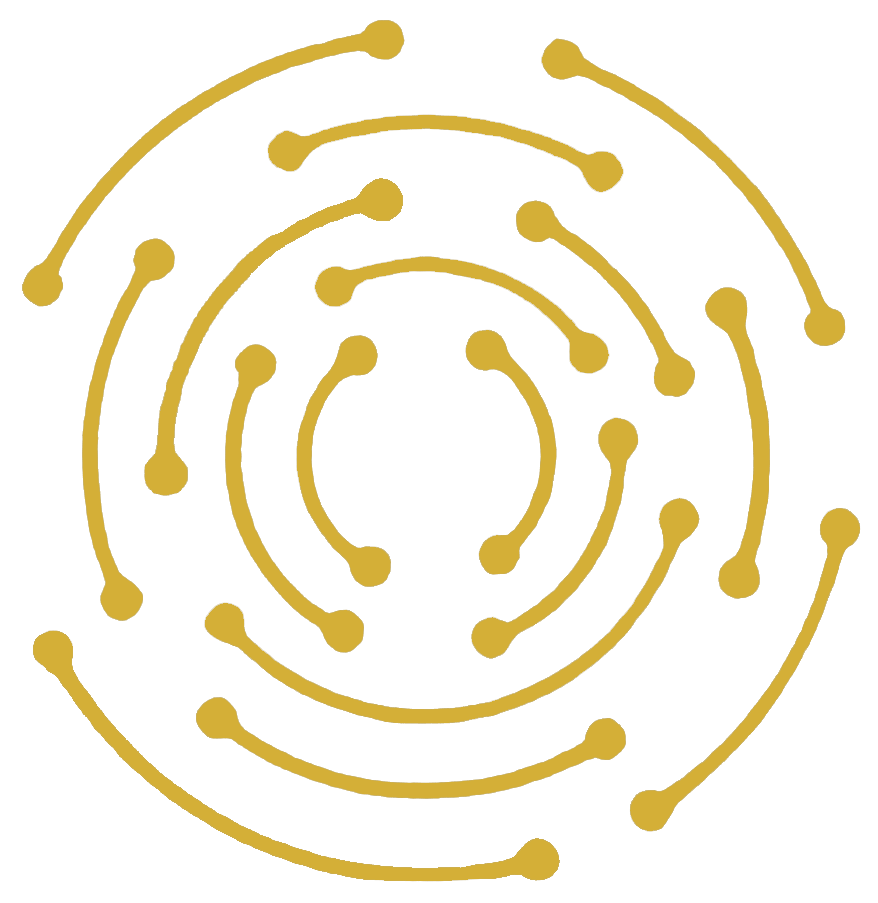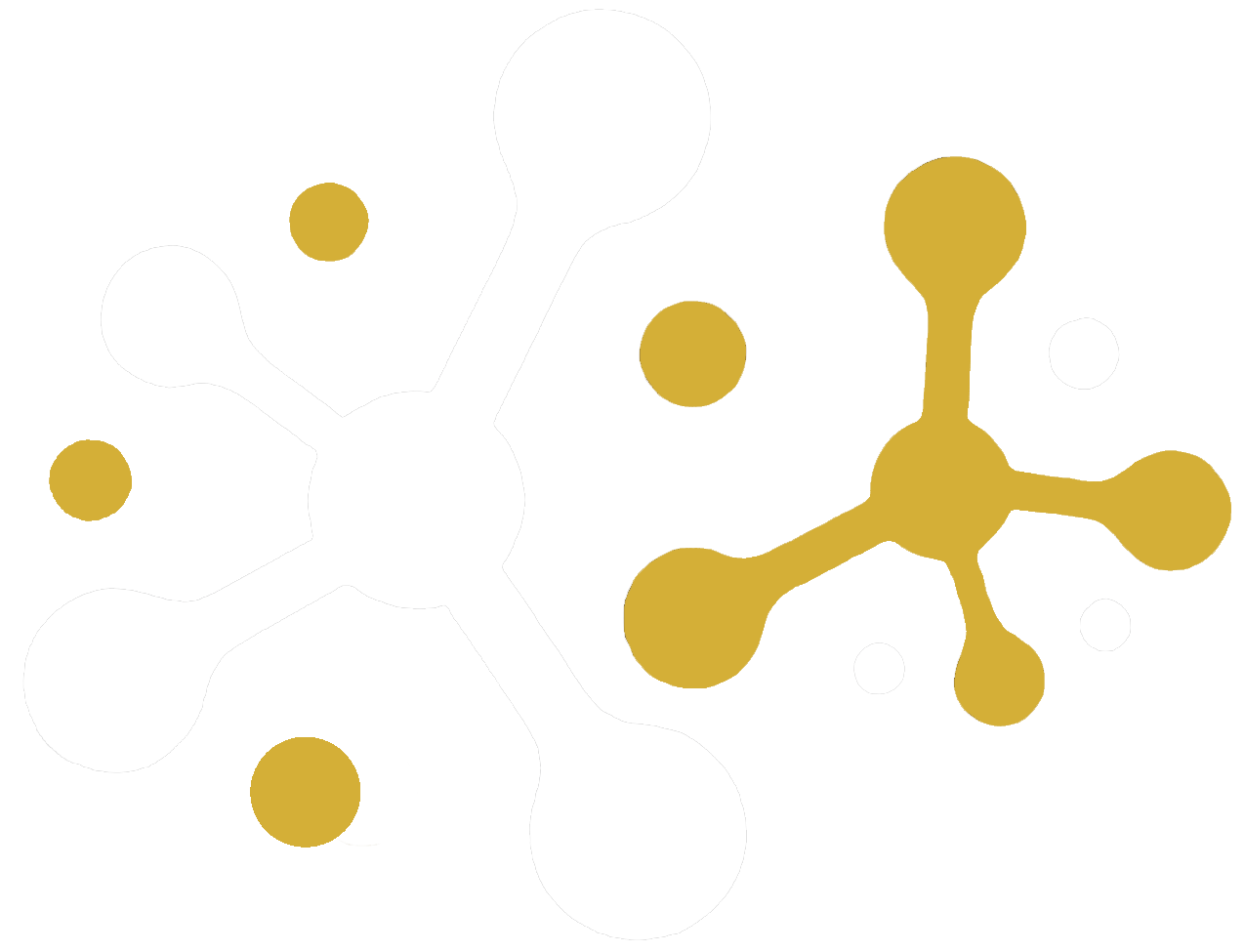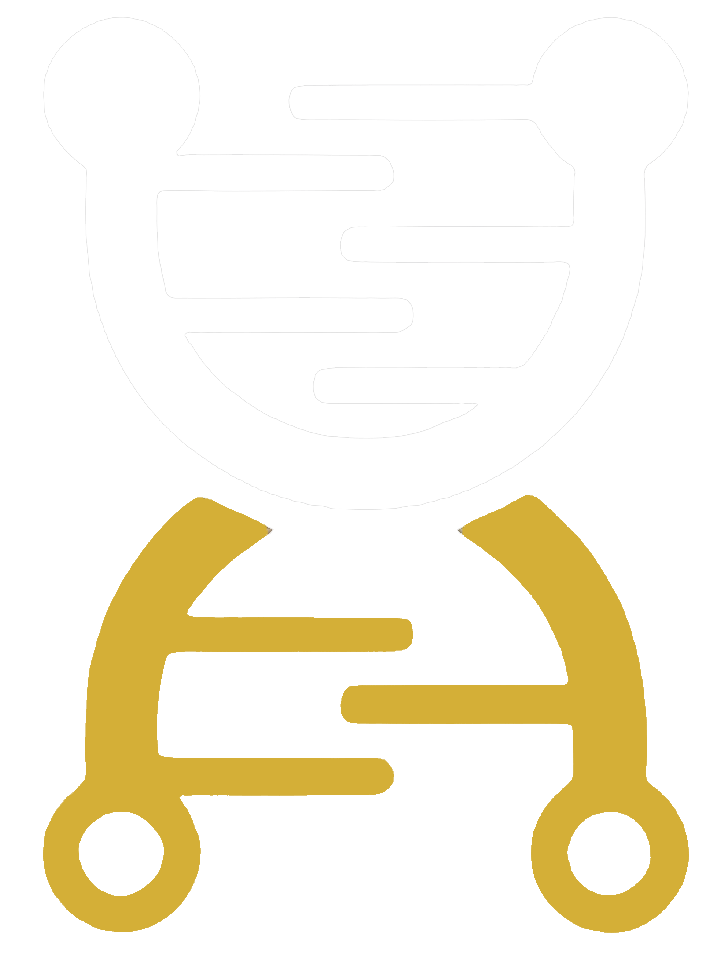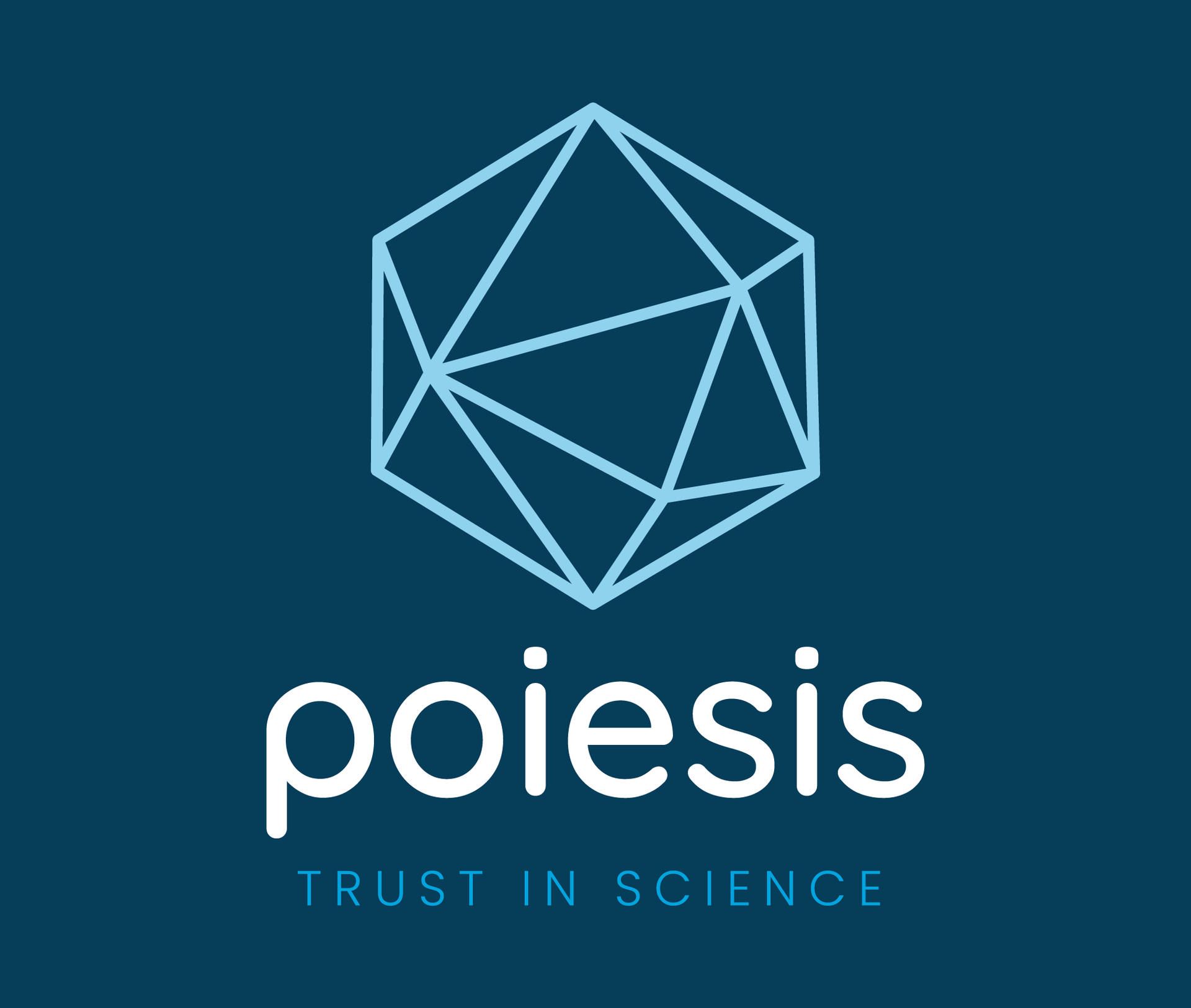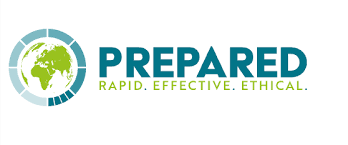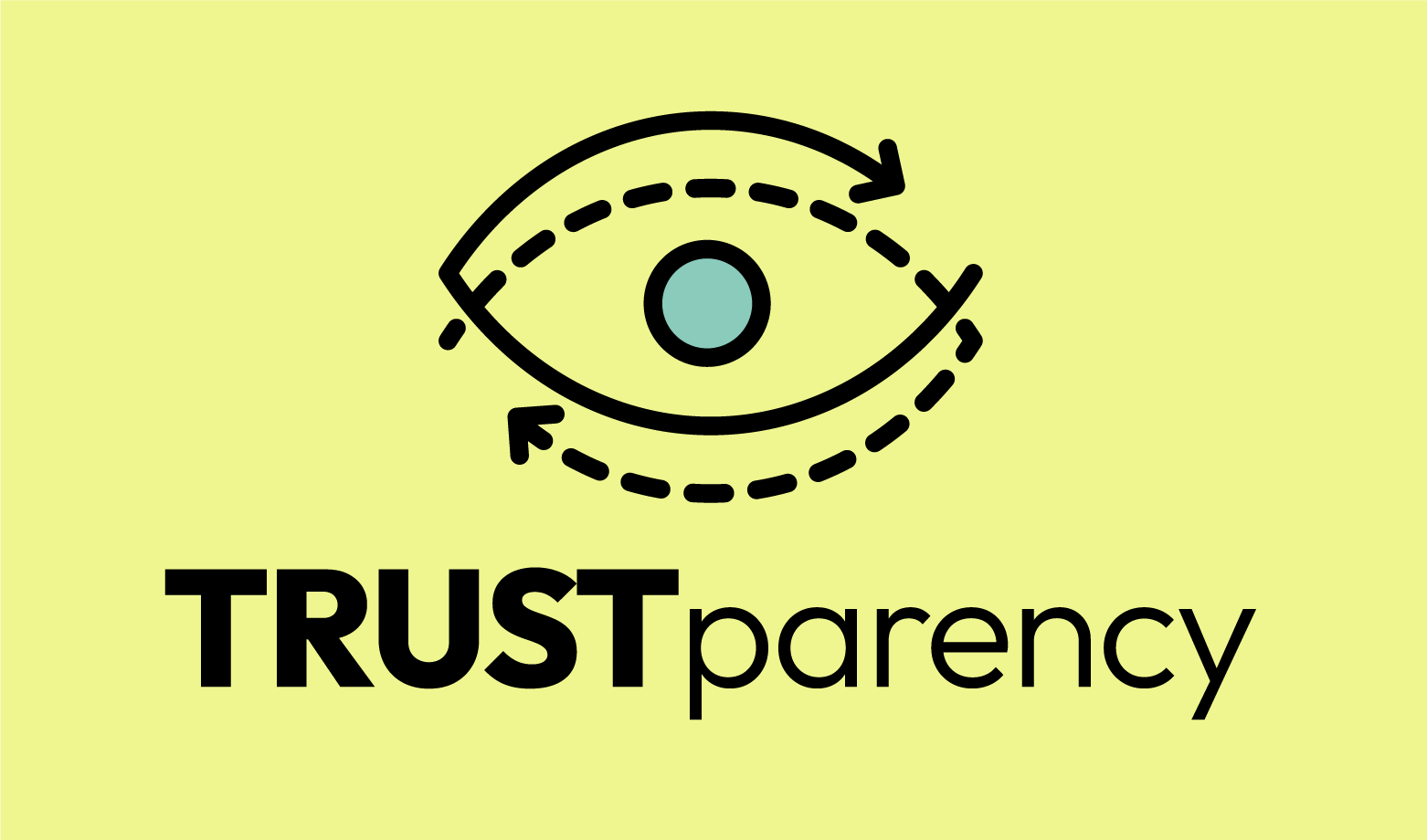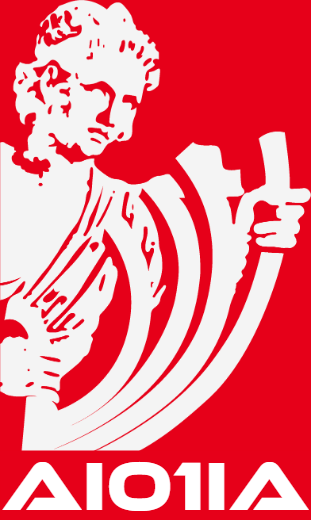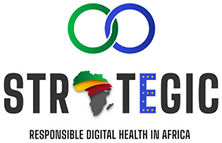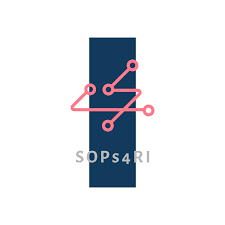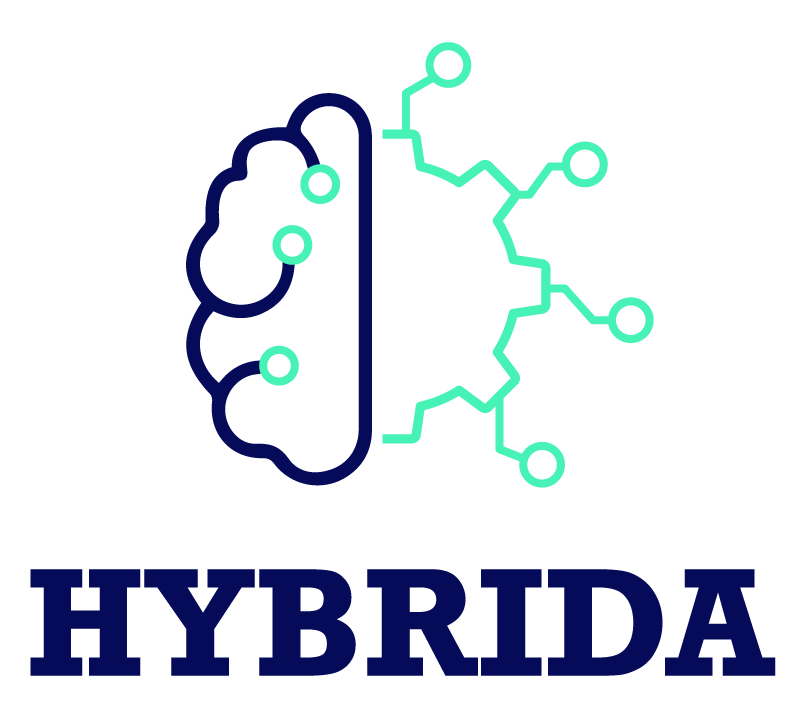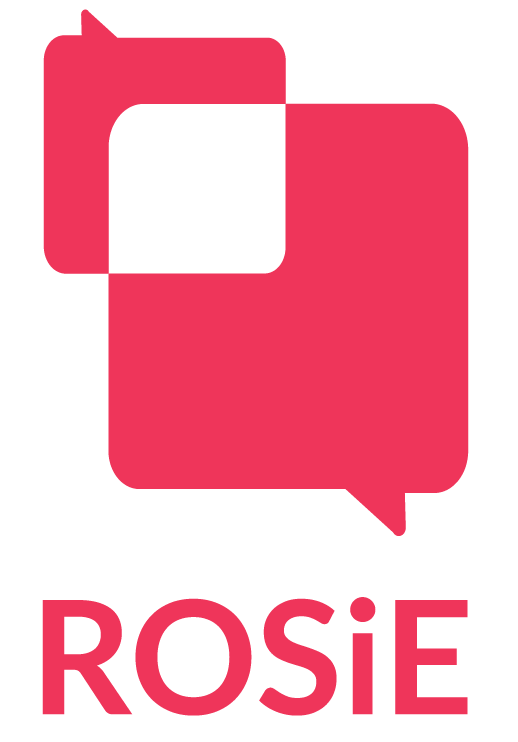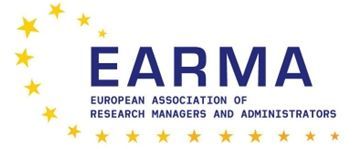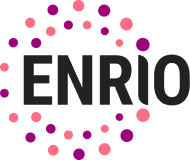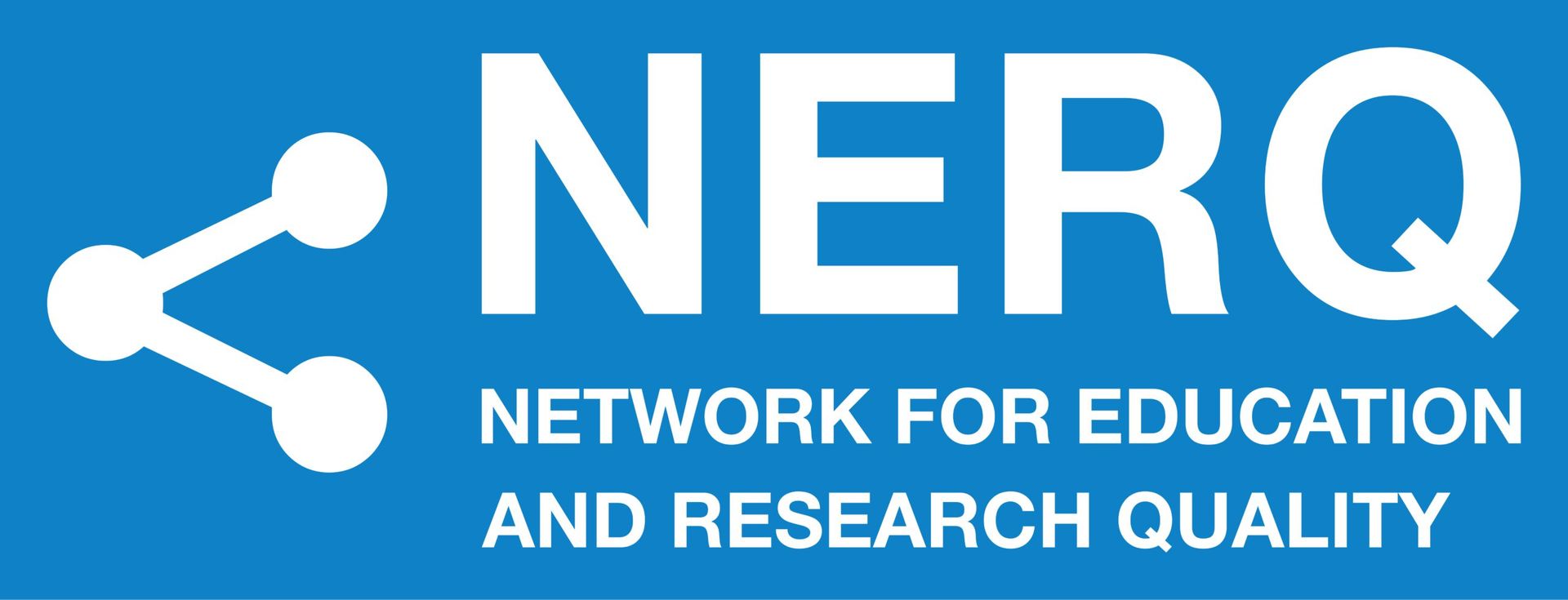irecs TRANING MATERIALS
A comprehensive resource designed to educate individuals on research ethics and research integrity, with a particular focus on the ethical considerations surrounding emerging technologies:
- Stage 1 (Basics): Introduction to fundamental concepts of research ethics and integrity
- Stage 2 (Emerging Technologies): AI in healthcare, gene editing, biobanking, and extended reality
- Stage 3 (Case Studies): Six case studies complementing the technology modules
The materials offer a flexible and in-depth learning experience on research ethics and integrity and cater to a range of users, from beginners to experienced professionals in the research field.
OUR COMMUNITIES
- An e-community for early-career researchers (ECRs) on ENERI and in LinkedIn to facilitate knowledge exchange, peer support and mentoring opportunities for ECRs interested in or working within research ethics
- A research ethics trainer community on The Embassy of Good Science to stimulate discourse and facilitate the adoption of good practices among research ethics trainers
In Science we trust? irecs Joins the Conversation at the EMBL Conference
June 2025
On 16–17 June 2025, the European Molecular Biology Laboratory (EMBL) Advanced Training Centre in Heidelberg hosted the
annual Science and Society Conference, this year under the thought-provoking title: “In Science We Trust?”. The event brought together an interdisciplinary community of researchers, policy-makers, and science communicators to explore one of the most pressing questions of our time: how can we build and maintain public trust in science, in an era shaped by misinformation, disinformation, and rapid technological change?
Global discussions on the societal impact of technology – irecs takes the stage in Vienna
June 2025
On 2-4 June 2025, Vienna became the epicentre of global discussion on the societal impact of technology, as it hosted the 1st Global Technology Assessment (TA) Conference and the 6th European TA Conference (ETAC6). Organised by the Institute of Technology Assessment (ITA) at the Austrian Academy of Sciences in collaboration with the globalTA network, the event brought together around 170 experts from diverse academic and professional backgrounds. Under the overarching theme “Technology Assessment Goes Global” participants engaged in vibrant discussions on a wide range of pressing issues related to emerging technologies, from artificial intelligence and digital ethics to climate change and global governance.
PARTNERED WITH
OUR COMMUNITIES
irecs is establishing two communities to foster expertise and promote best practices in research ethics:
- An e-community for early-career researchers (ECRS) on ENERI and on LinkedIn to facilitate knowledge exchange, peer support and mentoring opportunities for ECRs interested in or working within research ethics
- A research ethics trainer community on The Embassy of Good Science to stimulate discourse and facilitate the adoption of good practices among research ethics trainers
Learn more about our communities
our communities
irecs is establishing two communities to foster expertise and promote best practices in research ethics:
- An e-community for early-career researchers (ECRs) on ENERI and in LinkedIn to facilitate knowledge exchange, peer support and mentoring opportunities for ECRs interested in or working within research ethics
- A research ethics trainer community on The Embassy of Good Science to stimulate discourse and facilitate the adoption of good practices among research ethics trainers
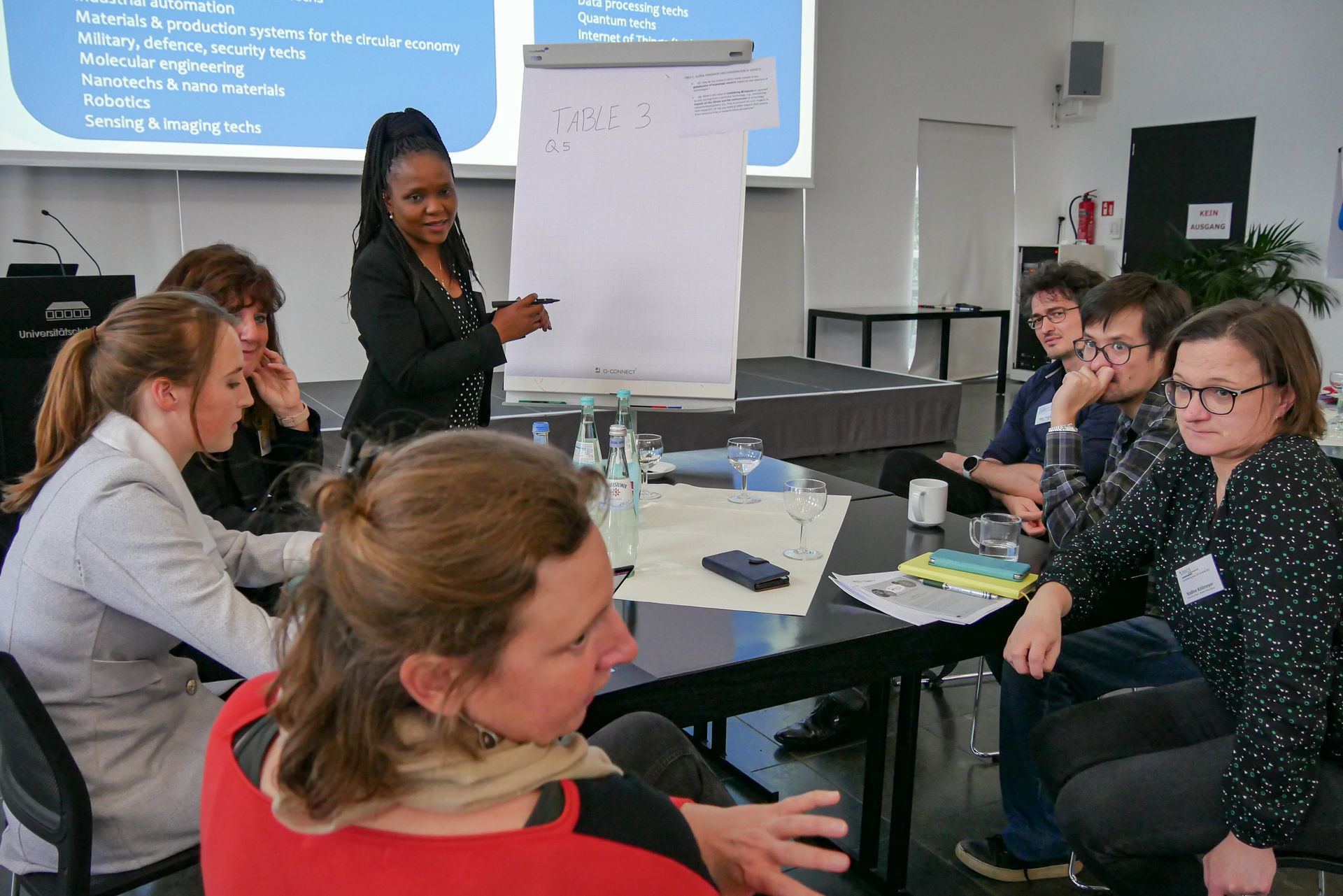
IdentifY
Our team of experts are identifying the ethical and legal challenges of new technologies in research at the global scale. We are mapping the current and forecasted needs of ethics experts and researchers around emerging technology.
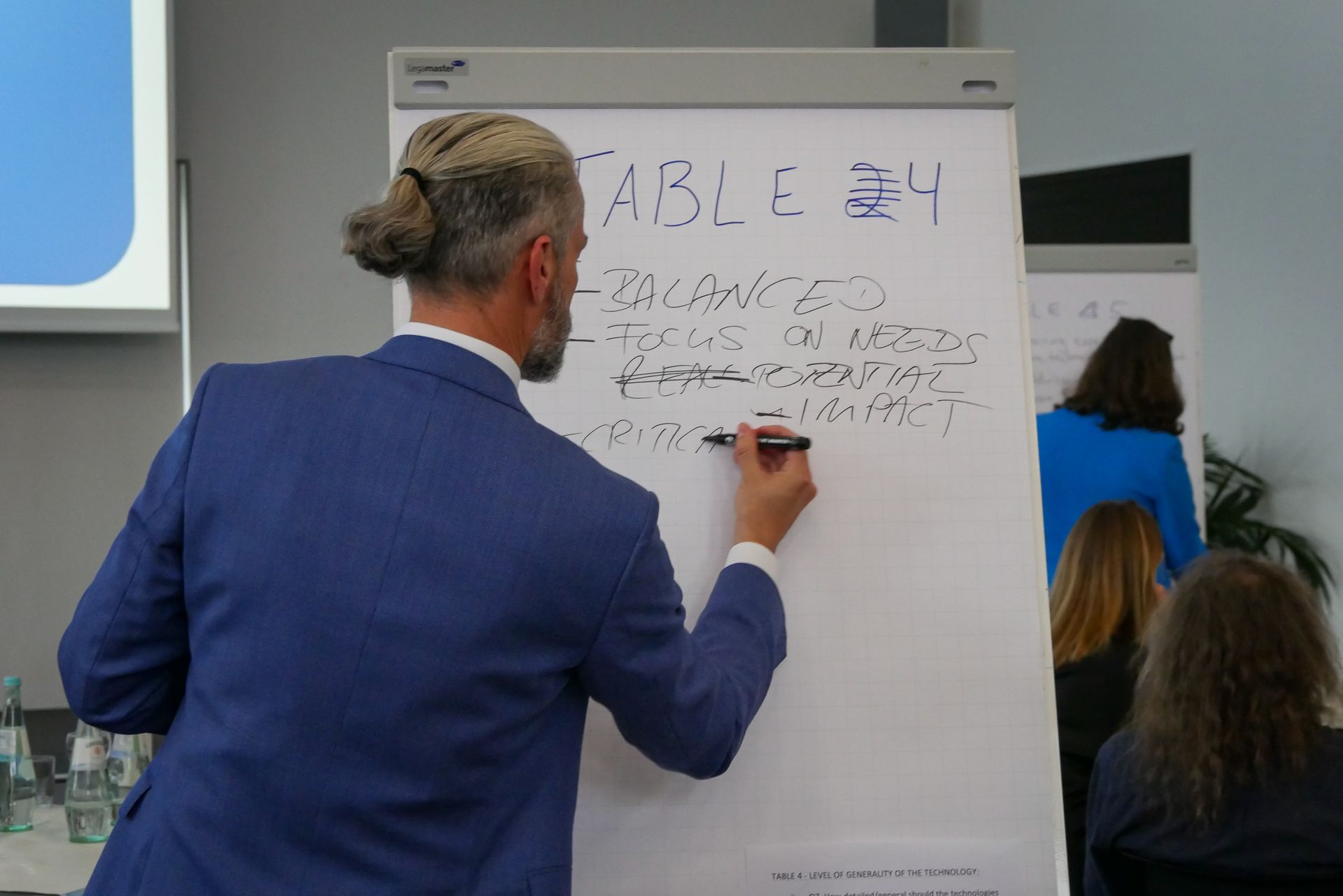
Educate
We are developing training programmes specialising in ethical impacts of new technology for researchers in European and global settings. Our training materials will be available in 6 languages and offered in the EU, China, South Korea and West Africa.
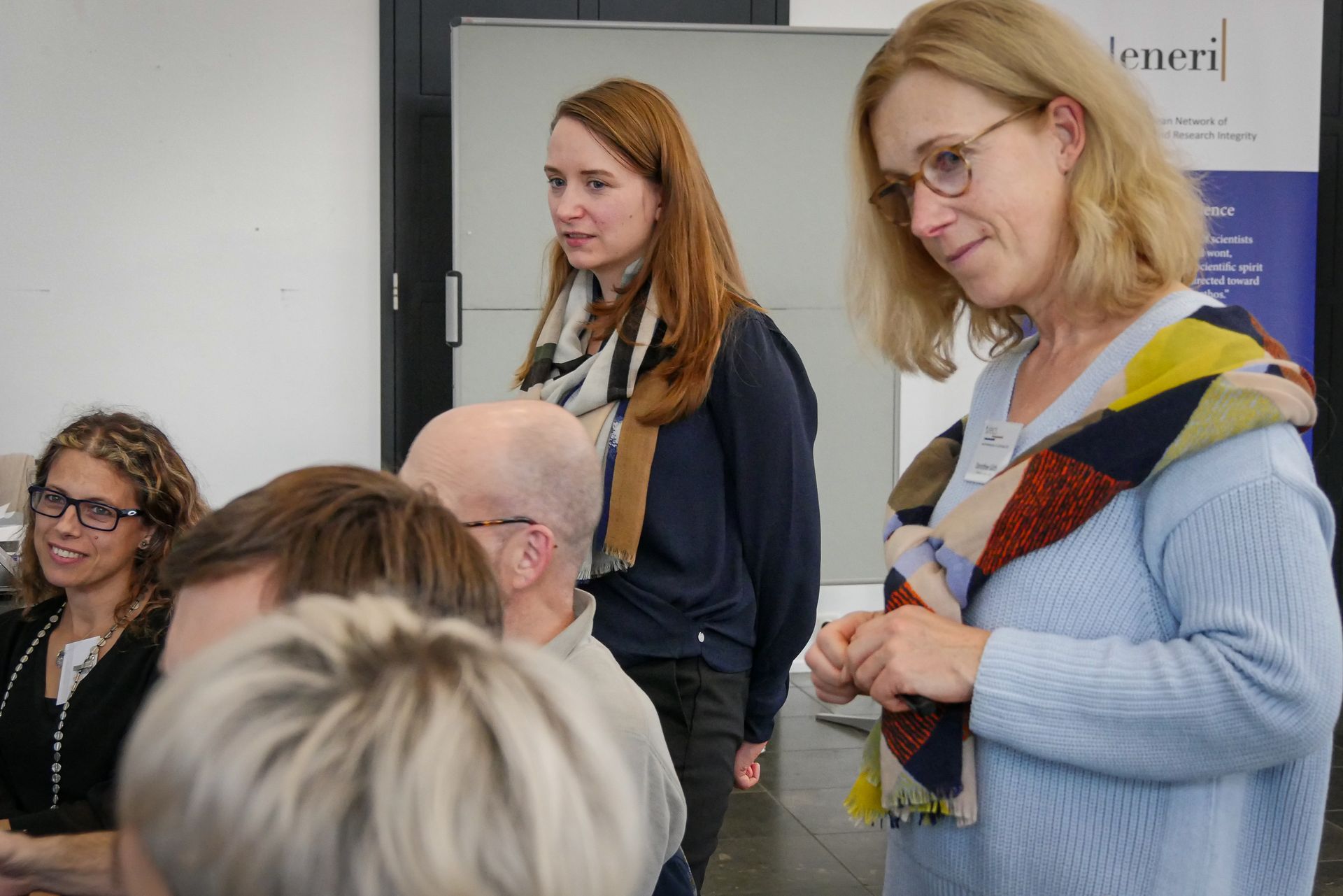
Upgrade
We want to make research ethics not just achievable, but better. Our goal is to transform the research ethics process of Europe.
irecs Final Conference
11 – 12 December 2025, Brussels (BE)
Understanding ethics in tech
A Horizon Europe project training researchers in ethics for new technologies
11
Nations. Our partner organisations are based across 11 countries
17
Project partner consortium
800
Universities represented in our stakeholder network
Serviceliste
-
Hervé CHNEIWEISSListenelement 1
Head of INSERM Ethics Committee
Chair of Association for Responsible Research and Innovation in Genome Editing (ARRIGE)
-
Reda CIMMPERMANListenelement 2
Scientific Secretary of the Research Council of Lithuania
-
Anja GILISListenelement 3
Pre-clinical risk management and director, Quality and Compliance, Janssen Reserach & Development
Janssen Pharmaceutica NV, Beerse, Belgium
-
Elsa GONZALES-ESTEBANListenelement 4
Professor at Jaume I University, Castellón de la Plana, Spain
Coordniator EU Project, ETHNA Systems
-
Maura HINEY
Representative of ALLEA, Research Strategy and Funding Directorate
Health Research Board, Dublin, Ireland
-
Simo KYLLÖNEN
European Network of Research Integrity Offices ENRIO
Member of the Finnish National Board on Research Integrity (TENK)
Deputy member of the Research Ethics Committee in the Humanities and Social and Behavioural Sciences at the University of Helsinki, Finland
-
Tim LINDEMAN
Secretary General of the Luxembourg Agency for Research Integrity (LARI)
-
Bahar MEHMANI
Elsevier & European Association of Science Editors (EASE)
-
Laura PALAZZANI
Vice chair of the Italian Committee for Bioethics
Member of the European Group of Ethics in Science and new technologies (EGE) of the European Commission
Member of the International Bioethics Committee of UNESCO
-
Barbara REDMAN
Division of Medical Ethics, New York University, USA
-
Dorte RIEMENSCHNEIDER
Board Manager of European Citizen Science Association (ECSA)
-
Aimee VAN WYNSBERGHE
Alexander von Humboldt Professor for applied Ethics of AI
Director of the Institute for Science and Ethics, University of Bonn, Germany
-
Lucia SCHMITZ (née VON BREDOW)
Bioethics Manager and Science & Society Lead
European Molecular Biology Laboratory
Bioethics Office (Ethics Governance / Training & Engagement), EMBL

